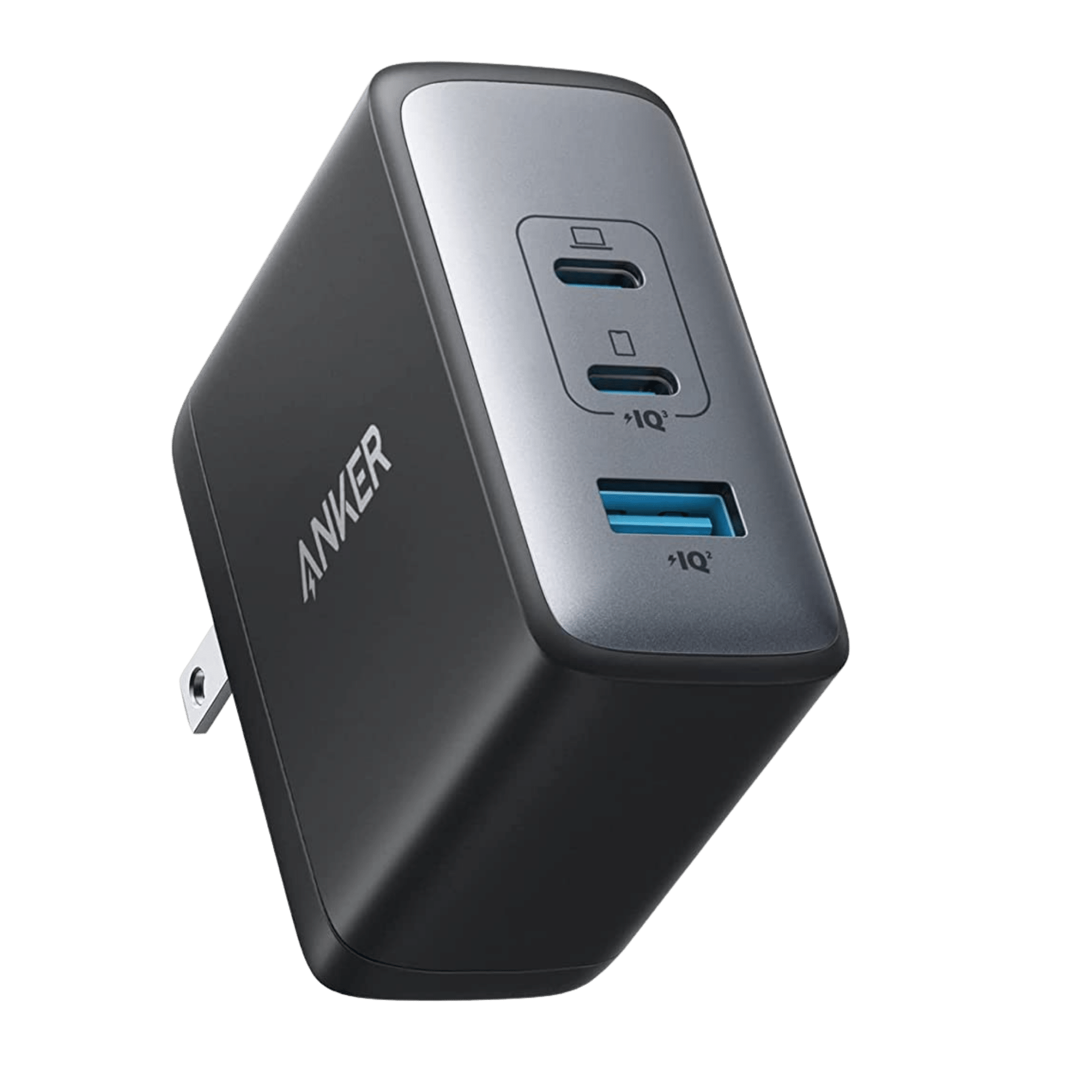Here's why USB Type-C is the Charger Game Changer

In a universe increasingly influenced by technology, the method we charge our gadgets has seen a significant change. Meet USB-C, a power standard that has rapidly become the default answer for charging everything from phones to notebooks. As we examine the progression of USB-C, it becomes evident why it is being regarded as the new era of powering. With its widespread interoperability, speedy power capabilities, and strong design, USB-C revolutionizes how we think about charging solutions.
Farewell are the times when tangled cords and unmatched chargers were part of our routine lives. The versatility of USB-C not only streamlines charging but also improves connections across various gadgets. Whether you are at your residence, in the workplace, or on the go, understanding the benefits and details of USB-C charging devices will help you make wise choices that improve your powering process. Let’s discover why USB-C is not just yet another charger but a meaningful leap onward in tech advancements.
Advantages of Universal Serial Bus Type-C for Various Devices
USB-C has quickly become the preferred charging standard for a wide range of devices, bringing with it numerous benefits that enhance interoperability and convenience. One of the main advantages of USB-C is its all-encompassing nature; it is engineered to work across a much broader array of technologies compared to its former versions. From smartphones and tablets to notebooks and even some household appliances, USB-C ports are becoming the standard. This universal compatibility enables users to simplify their cable collection, as one type of charger can effectively power various devices.
Furthermore, Universal Serial Bus Type-C supports higher power delivery, allowing for quick charging and more efficient energy transfer. This functionality means that users can rapidly charge their gadgets without having to wait long periods, which is especially beneficial for those on the go. https://www.campadelectronics.com.au/usb-type-c-chargers.php charging with Universal Serial Bus Type-C is also more secure, as the system is equipped with inherent protections to avoid overheating and power surges. This protection gives peace of mind to users that they can rapidly power their gadgets without compromising their lifespan.
Lastly, the advent of Universal Serial Bus Type-C supports improvements in tech that cater to the needs of users. With features like data transfer speeds surpassing previous versions of USB and the capacity to carry both audio and video signals, Universal Serial Bus Type-C is not just about powering devices; it’s an all-in-one solution. This multifunctionality enhances the experience for users, making it easier to link up gadgets and accessories without the need for several different cables. Overall, adopting Universal Serial Bus Type-C represents a significant step ahead in creating a more efficient and user-friendly tech environment.
Top USB-C Chargers to Evaluate

When it comes to selecting the right USB-C charger, several exceptional options rise in 2025 that serve a variety of demands. The Anker Nano 2 65W has become a popular choice for countless tech enthusiasts due to its portable size and remarkable power output. It is enhanced with GaN technology, allowing for rapid charging without generating excessive heat. Users admire its ability to quickly charge laptops and smartphones alike, making it a multi-functional addition to anyone’s charging arsenal.
For groups or multi-device users, the RAVPower 6-Port USB-C Charger is an outstanding choice. With numerous ports, it allows coordinated charging for several devices without diminishing speed. Each port automatically adjusts the power output to ensure each device gets the ideal charge, making it an desirable solution for active households. Its safety features add confidence, ensuring that devices are protected from overcharging or overheating.
In conclusion, the Baseus GaN Charger 100W is perfect for those who demand fast charging on the go. It supports USB Power Delivery and Quick Charge technology, making it suitable with a wide range of devices, from smartphones to laptops. Its sleek design and compact footprint make it great for travel, while the high wattage ensures that users will never be left waiting for their devices to charge. With these options, it is clear that the realm of USB-C chargers continues to progress, offering smarter and more reliable solutions for everyday charging needs.
Grasping Universal Serial Bus Type-C Charging Specifications
USB-C is more than a port; it embodies a range of specifications that dictate how electronics interact and power each other. At the core of USB-C power delivery is the USB PD specification, which allows for higher power transfer, enabling quicker charging for a variety of devices. Unlike standard Universal Serial Bus connections, which can typically deliver up to 2.5 watts, USB Power Delivery can provide as much as 100 watts. This flexibility means that not only can USB-C charge smartphones and tablets, but it can also power notebooks and other high-energy electronics.
Another important factor in grasping USB-C standards is the ability of quick charging technologies. Many gadgets support various charging methods, such as Rapid Charging or Smart Charging, in addition to USB Power Delivery. These technologies work in harmony with USB-C, enabling compatible electronics to negotiate the best power output. This allows for users can benefit from faster charging times without compromising safety, since the electronics track the flow of electricity to ensure optimal performance.
Finally, the progress of Universal Serial Bus Type-C has led to a unification of charging specifications, which makes it much easier for consumers. With Universal Serial Bus Type-C being adopted across many various brands and product categories, it lowers the need for multiple chargers and cables. This standardized approach not only makes easier the charging process but also encourages environmental sustainability by reducing electronic waste linked to outdated charging ports and connectors. As more gadgets integrate Universal Serial Bus Type-C, its role in unifying charging solutions continues to grow, benefiting both users and the technology sector.
